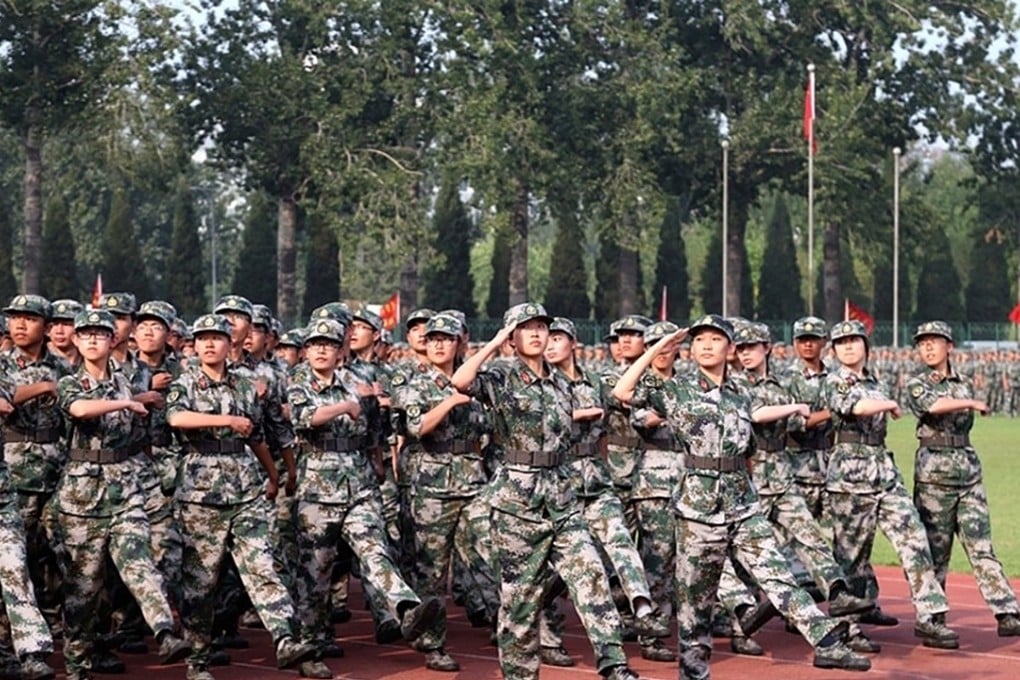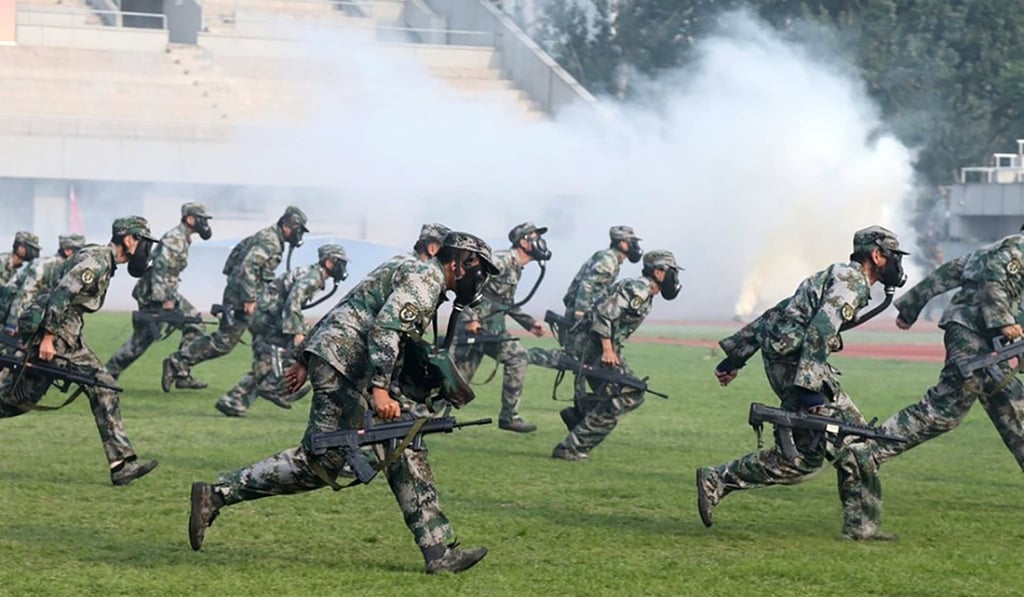Hong Kong and Macau students will face compulsory military training at top mainland Chinese university for first time
Tsinghua University previously only required first year students from the mainland to go through the three-week programme

China’s prestigious Tsinghua University will require first-year students from Hong Kong and Macau to go through a mandatory three-week military training programme that was previously only compulsory for mainland students, the South China Morning Post has learned.
Two worried Hong Kong teenagers admitted to the top Beijing university told the Post on Sunday that the training would begin this Friday at the university’s campus but they still did not know details of the programme.
“As a girl, I am afraid that I am not physically strong enough,” said Carrie Li, 17, who was admitted to Tsinghua’s law school and only found out about the military training requirement from an information booklet they received from the university.
Another teenager, Leung Kwok-sum, 18, enrolled in the economic and management school, was also anxious.

“I am worried that I will become a burden to my classmates because I have never tried any military training and I may not be strong enough,” said Leung, who also got the message from the school.